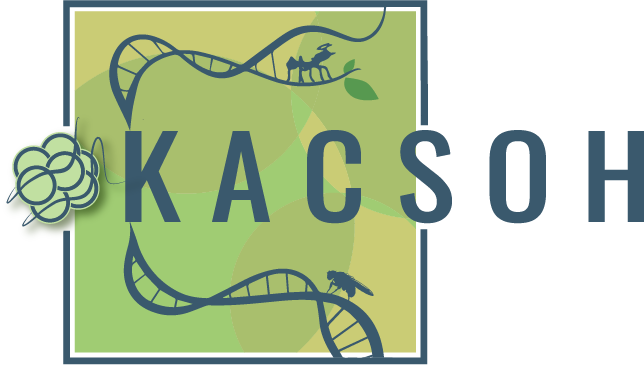Sleep is amazing and necessary part of life. In fact, one third of our lifespan is spent by sleeping! Seems like a very time-consuming facet of existence. I know I feel that I can never get enough sleep to make up for how tired I can get! But what are the other functions of sleep beyond simply to feel more relaxed? What might be happening to our bodies on a biological level that we cannot detect or feel? A group of scientists in a recent Plos Biology research article dove into this question by utilizing Drosophila melanogaster as a model for sleep, entitled:
A bidirectional relationship between sleep and oxidative stress in Drosophila
- Vanessa M. Hill,
- Reed M. O’Connor,
- Gunter B. Sissoko,
- Ifeoma S. Irobunda,
- Stephen Leong,
- Julie C. Canman,
- Nicholas Stavropoulos,
- Mimi Shirasu-Hiza
- Published: July 12, 2018
- https://doi.org/10.1371/journal.pbio.2005206
(http://journals.plos.org/plosbiology/article?id=10.1371/journal.pbio.2005206)
The use of Drosophila, a model genetic system, has been informative in many sleep studies previously(1) , and so, the authors push the boundaries of current sleep knowledge(2) . Although sleep as a function appears to be broadly conserved in animals, the physiological functions of sleep remain unclear(1,3) . The authors sought to identify a physiological defect common to a diverse group of short-sleeping Drosophila mutants, which provided insight into the function and regulation of sleep. Interestingly, the authors find that the short sleeping mutants examined have a sensitivity to oxidative stress. Oxidative stress has been shown to shorten lifespan(4) , and indeed, these mutants have reduced lifespans! The counter was found also to be true, where increasing sleep in wild-type, or normal flies, extended lifespan following oxidative challenge.
In conclusion, this really exciting study demonstrates that sleep actually extends our lifespan via the reduction of oxidative stress! It would be interesting to apply this finding to humans—how does insomnia and narcolepsy affect lifespan?
An interesting follow-up experiment could be to dose an animal with antioxidant before sleep and see if there is a combinatorial effect. I know that I will take antioxidant supplements before I sleep in an effort to enhance my lifespan. Whether that actually can/will change lifespan is unknown, and could be a possible interesting follow-up to this study. Additionally, it will be important to identify the molecules that are important and being differentially regulated during sleep.
References:
(1) Cirelli C. The genetic and molecular regulation of sleep: from fruit flies to humans. Nature Reviews Neuroscience 2009;10(8):549.
(2) Crocker AJ. Circuitry Underlying Sleep in Drosophila Melanogaster: Anatomy and the Role of Octopamine. 2010.
(3) Crocker A, Sehgal A. Genetic analysis of sleep. Genes Dev 2010 June 15;24(12):1220-1235.
(4) Vrailas-Mortimer A, Gomez R, Dowse H, Sanyal S. A survey of the protective effects of some commercially available antioxidant supplements in genetically and chemically induced models of oxidative stress in Drosophila melanogaster. Exp Gerontol 2012;47(9):712-722.


